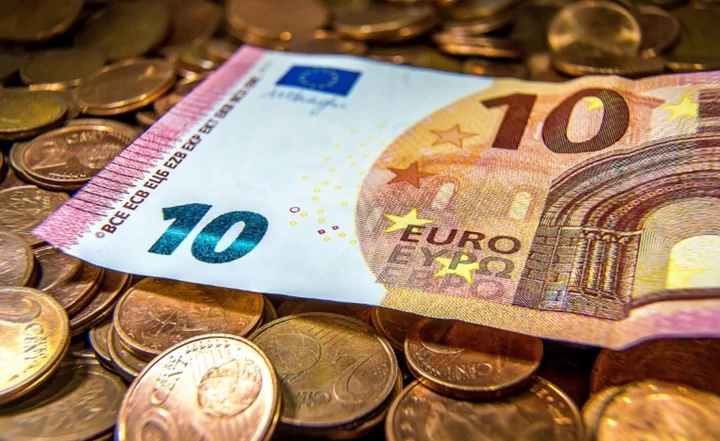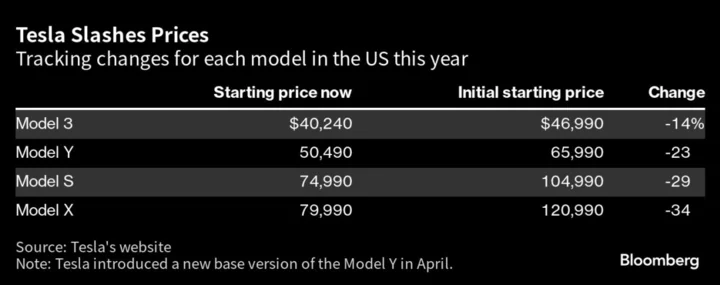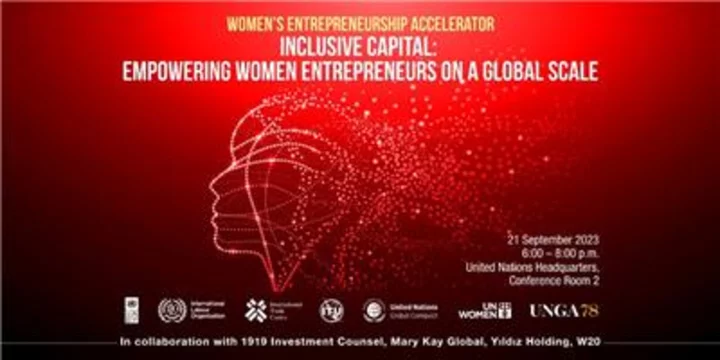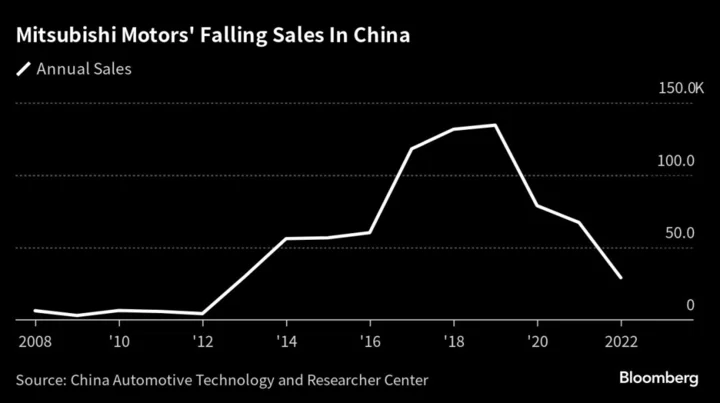The eurozone entered into a technical recession at the start of the year, shrinking by 0.1 percent for a second consecutive quarter, figures from the EU's statistic agency showed Thursday.
Eurostat revised down an earlier forecast that had predicted slight growth, after economic powerhouse Germany said last month it had fallen into recession.
The worse-than-expected figures come as inflation and higher interest rates have curbed demand in Europe's largest economy.
Eurostat slashed its earlier prediction of 0.1 percent growth in the final quarter of 2022 and 0.2 percent in the first quarter of 2023 to 0.1 percent contractions in both periods.
Two consecutive quarters of shrinking gross domestic product is the threshold for a technical recession.
The bad news comes after a painful year for European economies as surging energy prices sparked by Russia's war on Ukraine sent inflation spiralling.
The European Central Bank has responded by hiking its key rates by 3.75 percentage points since embarking on an unprecedented campaign of monetary tightening in July last year.
The latest figures cast doubt over more optimistic predictions for the whole 2023.
The European Commission forecast in mid-May that growth for the year would reach 1.1 percent across the 20 countries that use the single currency.
- 'Stagnation' -
Charlotte de Montpellier, an economist at ING Bank, predicted that the figure for 2023 would only reach 0.5 percent.
"Since the spring, all the data has been bad", she told AFP, pointing in particular to German industrial production and new orders.
"The European economy is in a phase of stagnation and has had difficulty getting through the winter because of the energy shock."
Even though gas and oil prices have fallen in recent months, last year's surge in prices has had a major impact on household confidence and forced a reduction in consumption.
Capital Economics said in a note it thinks "GDP is likely to contract again in Q2 (the second quarter) as the effects of monetary policy tightening continue to feed through".
"Domestic demand has been hit hard by the combination of inflation and rising interest rates," it said.
Headline inflation for the 20 EU countries using the euro dipped to 6.1 percent in May.
But inflation remains well above the 2.0 percent target set by ECB.
ECB chief Christine Lagarde said inflation remains "too high" and has suggested that a smaller rate increase could be on its way.
The news of a technical recession could put pressure on the central bank to hold off on further tightening.
Adding to Europe's woes, a slowdown in the United States and weaker-than-expected recovery in China are also weighing on exports.
aro/del/lth









